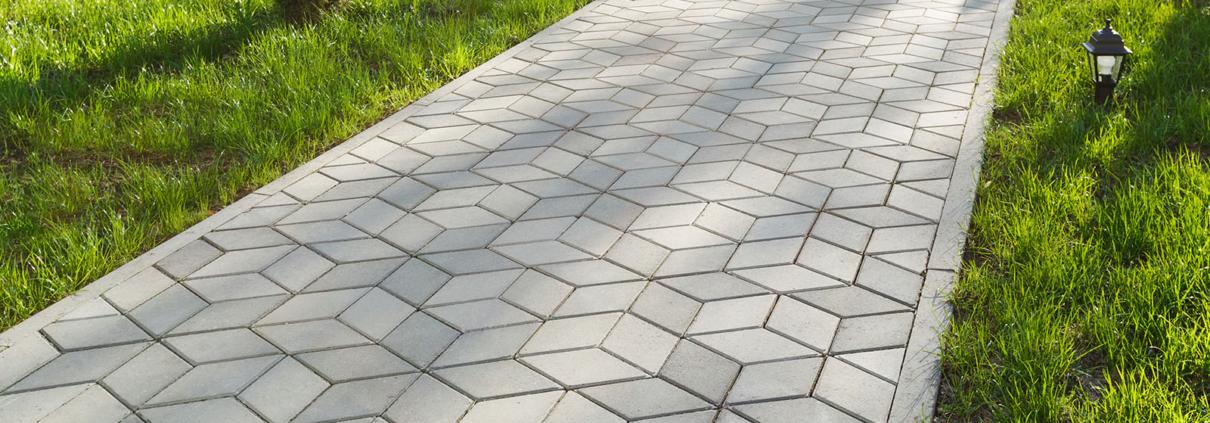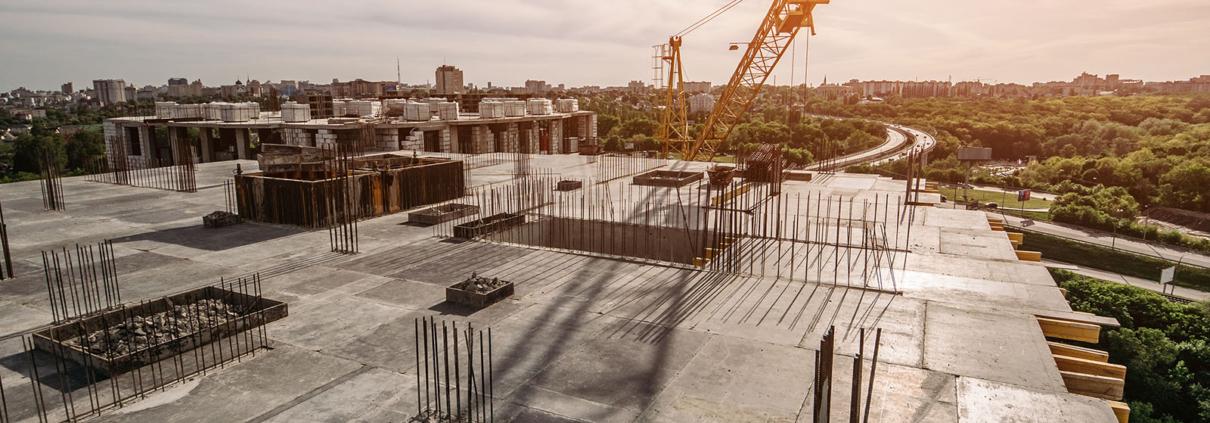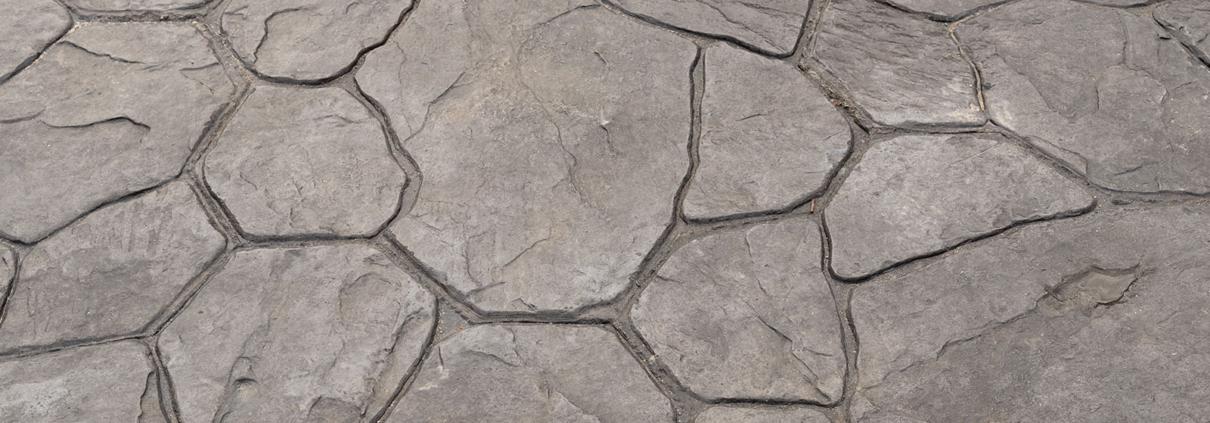How to Lower the Cost of Stamped Concrete in Pittsburgh, PA
/in Uncategorized/by guardianIf you’re planning to redo your home or business’s floors, you might want to consider the durability of Stamped Concrete. This durable flooring is imprinted with patterns, textures, and embossed designs. Its use dates back to the ancient Romans. Its history is as old as the world itself, and the ancient Romans were probably among the first to experiment with stamping concrete. Here are a few of the benefits of this decorative concrete.
Durability
The benefits of stamped concrete are endless, but the most significant advantage is that it does not need maintenance. Unlike other finished surfaces, stamped concrete is very durable, and it requires less work to keep it looking good. If done correctly, it will last for decades. And because of its low-mold staining ability, it can remain to look clean for a longer time. Moreover, stamped concrete is easy to install. Unlike conventional concrete, stamping a design on any flat surface with a single tool is easy.
Several factors contribute to the durability of stamped concrete. These include the concrete mix design, the installation method, and the traffic load. Properly mixing and installing the concrete will improve its durability. Moreover, if it is properly maintained and used for its intended purpose, stamped concrete can withstand a long time. In addition, it is less expensive than other surface options. However, you must be aware of the potential risks associated with it.
Maintenance
The essential maintenance for your stamped concrete floors is sweeping and wet mopping. It would help if you also considered applying a mild detergent on the floor to keep it clean. However, avoid using harsh chemicals, as these can damage the surface. You can use a broom to sweep debris and mop the floor with a mild detergent. For filthy feet, you may need to use a pressure washer. A solvent with an alkaline pH can help remove stuck-on dirt.
Cracked or broken stamped concrete is another common problem and can be expensive to repair. The best way to avoid these issues is to seal your stamped concrete. It is best to use a sealer after the process, as this will make the concrete more durable and less likely to crack. Once this is done, you can expect minimal maintenance, although cracks will still occur over time. But you can also try sealing your stamped concrete to ensure the cracks won’t appear again.
Application
The process of applying stamped concrete begins with ground preparation. The base color of the concrete must be chosen to match the surrounding stones or natural building color. The concrete is dyed in one of two ways: by mixing it with a powdered color hardener or pouring it into the concrete mixer. In either method, a formwork box or perimeter joint defines the area to be filled with concrete. Sand and gravel must be placed 15 cm deep and compacted before the concrete is applied.
Stamped concrete is also an excellent choice for patios and decks. Stamped concrete overlays blend with other decking materials and can enhance the look of outdoor spaces. Stamped concrete can be used on stone or brick materials to achieve a sophisticated look. In addition, it can be used to add accents to your house exterior, including the siding and trim. Stamped concrete can be an extremely low-cost alternative to expensive interlocking patios or granites.
Advantages of Commercial Concrete Services in Pittsburgh, PA
/in Uncategorized/by guardianReputable commercial concrete contractors are known for providing excellent customer service. They work efficiently and communicate effectively with clients, resulting in a stress-free experience. Moreover, hiring commercial concrete services will ensure long-lasting concrete structures. You can choose highly experienced contractors with years of experience in commercial concrete services. These professionals also have extensive knowledge of various concrete projects. Thus, you can be assured of receiving the best service. So, hire a reputable contractor and benefit from the advantages of commercial concrete services.
Fiber-reinforced concrete
There are many benefits of Fiber Reinforced Concrete (FRC), and we’ll discuss some of them now. For one thing, it’s an excellent choice for confined spaces. This type of concrete is highly flowable and encapsulates the reinforcement without mechanical consolidation. This type of concrete is ideal for architectural finishes, intricate shapes, and confined spaces. And since fiber reinforcement makes concrete more robust, it can be applied to many different applications.
The ultimate strength of Fiber Reinforced Concrete (FRC) depends on the fibers’ composition. The more threads, the higher the power. However, the relationship between fiber quantity and strength tapers at a certain level. Fibers that are too large can result in unwanted segregation during the curing process. Therefore, choosing the right thread for your construction project is very important. For more information, visit the American Concrete Institute website.
Slab-on-Grade construction
Slab-on-Grade construction uses a concrete base on the ground, a more durable technique than a traditional foundation. This type of construction is the most popular method of foundation for commercial buildings. The cost of a slab-on-grade foundation is lower than that of a traditional foundation because the process requires only one concrete pour versus two or three pours with a T-shape.
To pour concrete, the contractor must prepare the soil properly. If the slab is not run to the correct depth, it is more susceptible to settling and cracking. A subcontractor may not dig the form deep enough. The slab may be too thin, exposing the soil beneath it. The slab could also be susceptible to movement or cracking. Regardless of the method used, a professional should perform this process.
Slip-resistant floors
Slip-resistant floors are vital for many reasons. First of all, they prevent slip-and-fall accidents. These injuries cause needless physical trauma, emotional distress, and financial hardship for both parties. Depending on the circumstances, the party found legally liable for the accident can be hit with hefty liability payouts, higher insurance premiums, and other costs, not to mention a damaged reputation. This is a serious but common problem, with slip-and-fall accidents accounting for approximately 15% of all accidental deaths.
Many commercial buildings require slip-resistant floors. These floors protect visitors and clients while also protecting the business. Slip-resistant feet also cover hot tub surrounds and bathtubs. In addition to floor coatings, permanent anti-slip solutions can also be installed. Those looking to save money can opt to soft-blast tile surfaces instead of applying coatings. A skilled team can also soft-blast glass surfaces to create virtually any pattern or design.
Commercial Concrete Vs. Residential Concrete in Pittsburgh, PA
/in Uncategorized/by guardianWhat is the difference between Residential Concrete and Commercial Concrete? It’s important to remember that Commercial concrete is more durable and resistant to weathering but less structural. This article will explain why commercial concrete is better for your home, and residential concrete is better for your wallet. If you’re unsure which is better for your home, read for more information. An excellent residential concrete contractor will provide free quotes and have testimonials and case studies of previous projects. It’s also worth checking online for reviews of the contractor’s work.
Commercial concrete is stronger.
If you have a garage, you probably already know that commercial concrete is more robust than residential concrete. This is because of the thickness of commercial concrete, which is typically more excellent. It must support a much more significant amount of weight than residential concrete. Consequently, commercial concrete is thicker and reinforced more often than residential concrete. Here are some reasons why commercial concrete is more robust than residential concrete. Read on to learn more about these differences and how they affect your garage.
For commercial projects, concrete can be rated to withstand colder temperatures than residential concrete. This will help prevent fires from spreading and causing more damage. If you live in an area with freezing temperatures, be sure to buy concrete that is rated for these conditions. It’s also safer for people and the environment because commercial concrete is much more resistant to heat and humidity. But why is commercial concrete better? Here are some of the pros and cons.
It can be customized with different colors.
One of the best ways to add color to your home is using cement stucco. This can be applied in a thin layer to create a professional look. You can create any design you want using cement stucco, including a U.S. flag or piano keys. You can also use color to highlight the architectural elements in your home, such as columns and beams. It will look great, but remember that specific colors are more challenging to maintain than others.
While it is possible to achieve a variety of shades from different types of concrete, dark shades are not recommended for time-sensitive projects. However, if you have a specific color in mind and want to be sure that the concrete is the same color all over the house, you can use different color staining to achieve the look you desire. There are also stains available that can give your concrete a rich color.
It boosts curb appeal.
If you have recently bought a home, you have probably heard about the importance of residential concrete. A recent survey showed that 76% of real estate clients cite curb appeal as a significant factor in their buying experience. Curb appeal is important because nearly half of real estate clients drive past property for the first time before deciding whether to buy it. If a home is unsightly or in poor condition, you don’t want to lose this potential buyer.





